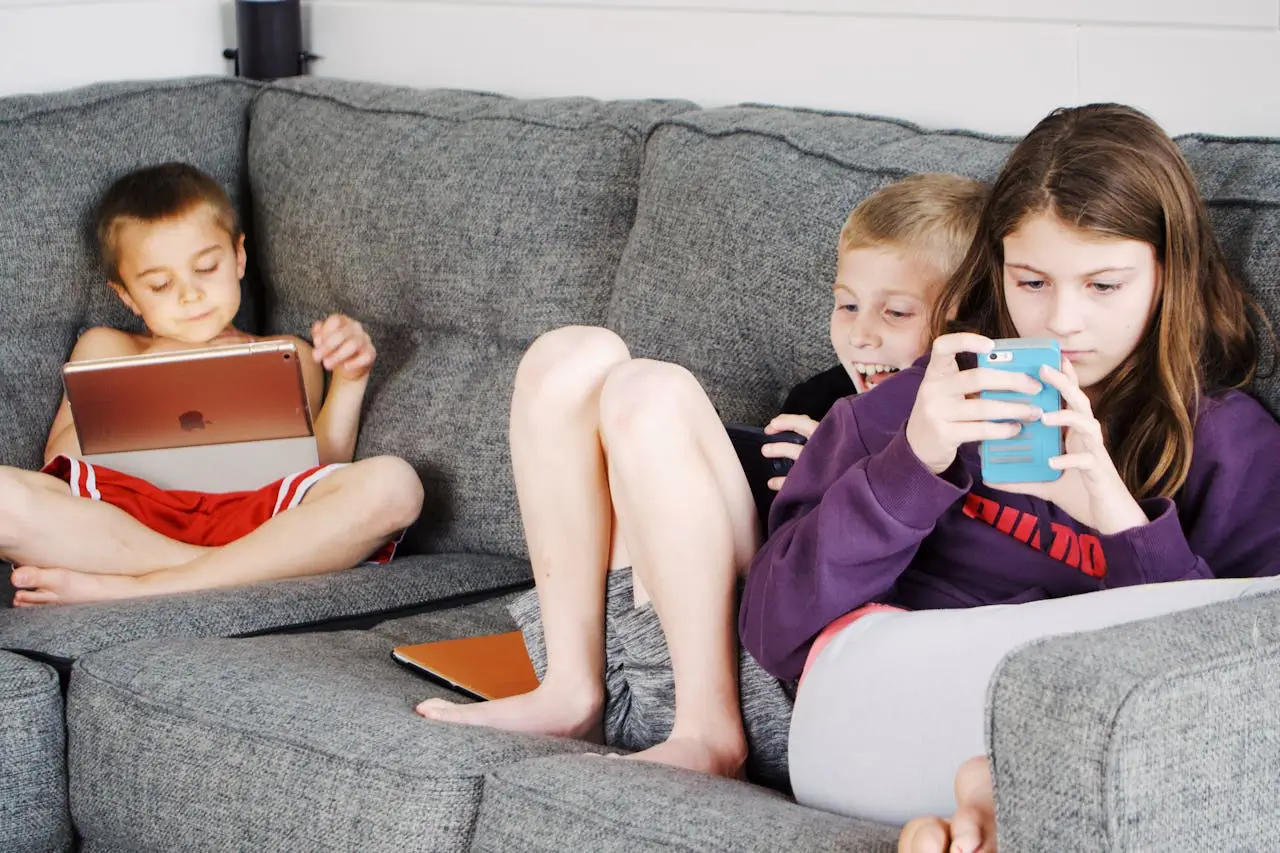
In the digital age, children are exposed to screens more than ever before. This can have both positive and negative effects on their development, health, and well-being. As parents and caregivers, it's important to understand the impact of screen time and take steps to minimize its potential risks. This guide provides a comprehensive overview of the latest research and best practices for reducing screen time for children.
The Impact of Screen Time on Children
Cognitive Development
- Excessive screen time can interfere with cognitive development, particularly in young children.
- Studies have found associations between screen time and lower language skills, attention deficit, and cognitive function.
- Fast-paced or violent content can negatively impact executive function and decision-making abilities.
Psychosocial Development
- Screen time can limit opportunities for face-to-face interactions and social learning.
- Excessive screen use has been linked to increased risk of social isolation, self-reported victimization, and antisocial behaviors.
- Parents' own use of mobile technology can distract them from interacting meaningfully with their children.
Physical Health
- Screen time can promote a sedentary lifestyle and increase the likelihood of obesity and overweight.
- Sedentary screen use is associated with lower physical activity levels and reduced cardiorespiratory fitness.
- Screen time before bedtime can disrupt sleep patterns and reduce sleep duration.
Guidelines for Screen Time
American Academy of Pediatrics (AAP) Recommendations:
- Under 18 months: Avoid screens (other than video-chatting).
- 18-24 months: Limit screen time to only introducing them to occasional educational pieces.
- 2-5 years: Limit screen time to 1 hour per day while co-viewing media.
- 6+ years: No set limit, but place consistent limits on time using media, types of media, and where media usage is taking place.
- Tweens and Teens: No set limit but engage in conversations with your kids about their media use and who they are communicating with.
Remember: These guidelines are suggestions. The overall goal is to build a healthy relationship with screens. Too much of anything isn't healthy.
Practical Strategies for Reducing Screen Time
Establish Screen-Free Zones and Times
- Create a screen-free sleep zone to ensure restful sleep.
- Establish daily "screen-free" times, such as during meals, family time, and an hour before bedtime.
Set Screen Time Limits
- Track your child's screen time and set daily limits that align with the AAP recommendations.
- Use parental control tools to enforce screen time restrictions.
Encourage Other Activities
- Provide alternative activities that are more engaging and rewarding, such as reading, playing outdoors, or engaging in creative play.
- Model healthy alternatives by participating in these activities yourself.
Mindful Screen Use
- Engage with your children while they're using screens.
- Discuss the content, ask questions, and encourage critical thinking.
- Encourage self-regulation skills by helping children learn to limit their own screen time.
Collaboration and Communication
- Involve your child in setting screen time limits and rules.
- Discuss the importance of screen time moderation as a family.
- Seek professional help if you're struggling to manage your child's screen time.
Additional Tips for Parents and Caregivers
- Take Small Steps: Gradually reduce screen time over time to avoid resistance.
- Be Consistent: Stick to screen time rules and avoid making exceptions.
- Model Healthy Habits: Show your children that you can use screens in moderation too.
- Encourage Physical Activity: Schedule regular physical activity breaks throughout the day.
- Promote Social Interaction: Encourage your child to spend time with friends and family in non-screen-related activities.
- Seek Support: Join support groups or connect with other parents who are trying to reduce screen time.
Conclusion
Reducing screen time for children is essential for their cognitive, social-emotional, and physical well-being. By understanding the impact of screen time, following evidence-based guidelines, and implementing practical strategies, parents and caregivers can help their children establish healthy relationships with technology and enjoy the many benefits that childhood has to offer.
